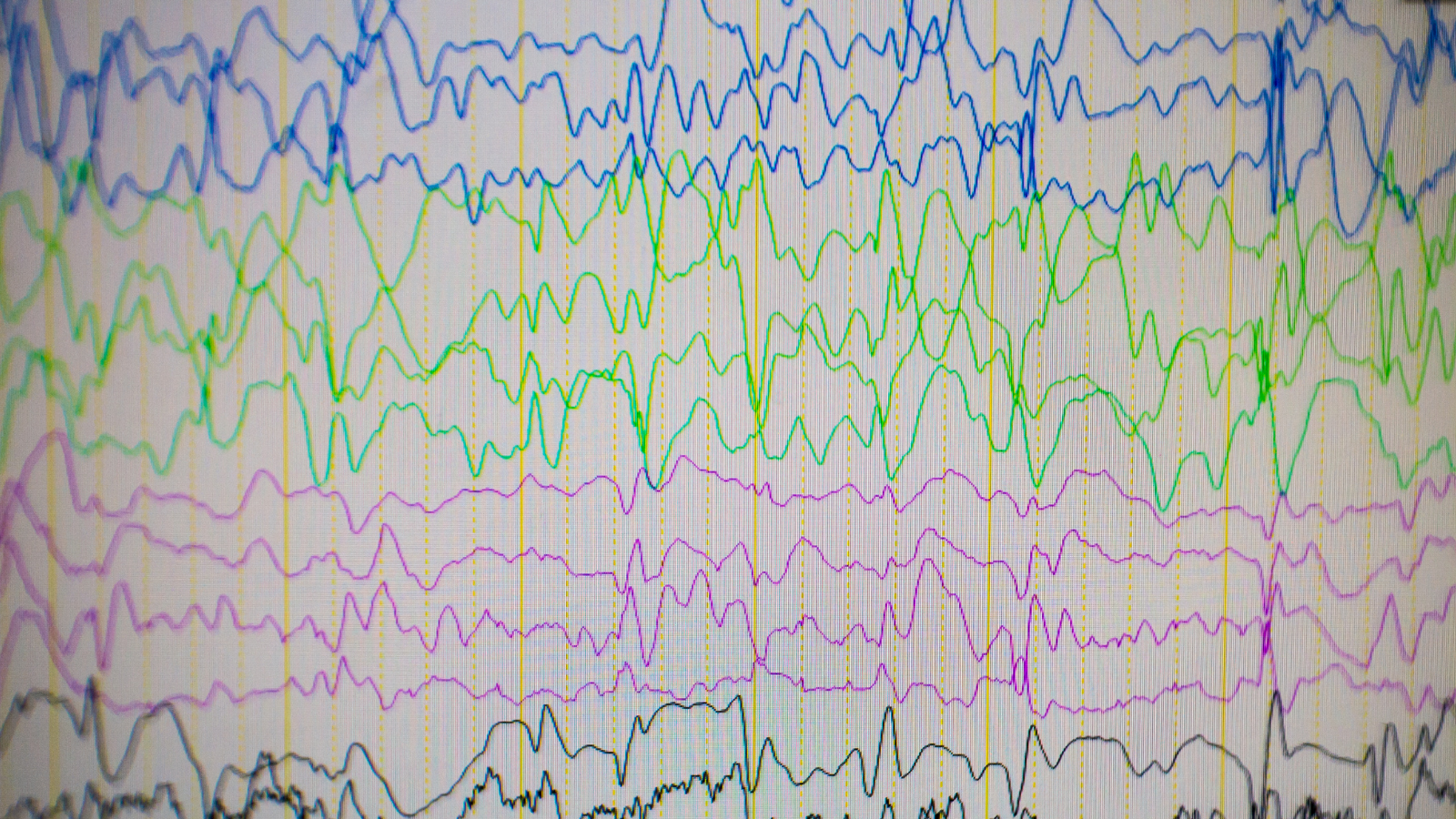
A learning health care system (LHS) could be an unprecedented opportunity to unlock insights that can inform continuous health care improvements for epilepsy patients. A paper on this topic by Zachary Grinspan, MD, MS, associate professor of population health sciences and pediatrics at Weill Cornell Medicine, and colleagues was recently selected for commentary in Epilepsia. Within this study, the researchers created, piloted, refined, finalized, and implemented a novel set of clinical common data elements (CDEs) for pediatric epilepsy. While different electronic health record (EHR) systems are likely to have different data formats, naming conventions, and data tables, CDEs use standardized questions and answer choices that allow aggregation, analysis, and comparison of observations from multiple sources. Effective CDEs could be useful in creating a LHS that is both data and information rich. However, important measures such as electroencephalographic outcomes, burden on family, treatment adherence, pediatric to adult transition, and access to care are not catered to in the current CDE set. Because of certain limitations, CDEs are a necessary component, but not sufficient, for achieving the LHS. Further, given a growing awareness of innovation-related clinician burnout, design and use of CDEs must not result in lower quality patient care due to additional documentation burden. Dr. Grinspan and colleagues’ research highlights the need for pediatric epilepsy CDEs to implement a data driven LHS in response to demand on health care and services, as well as opportunities for research and innovation.
- Highlights

